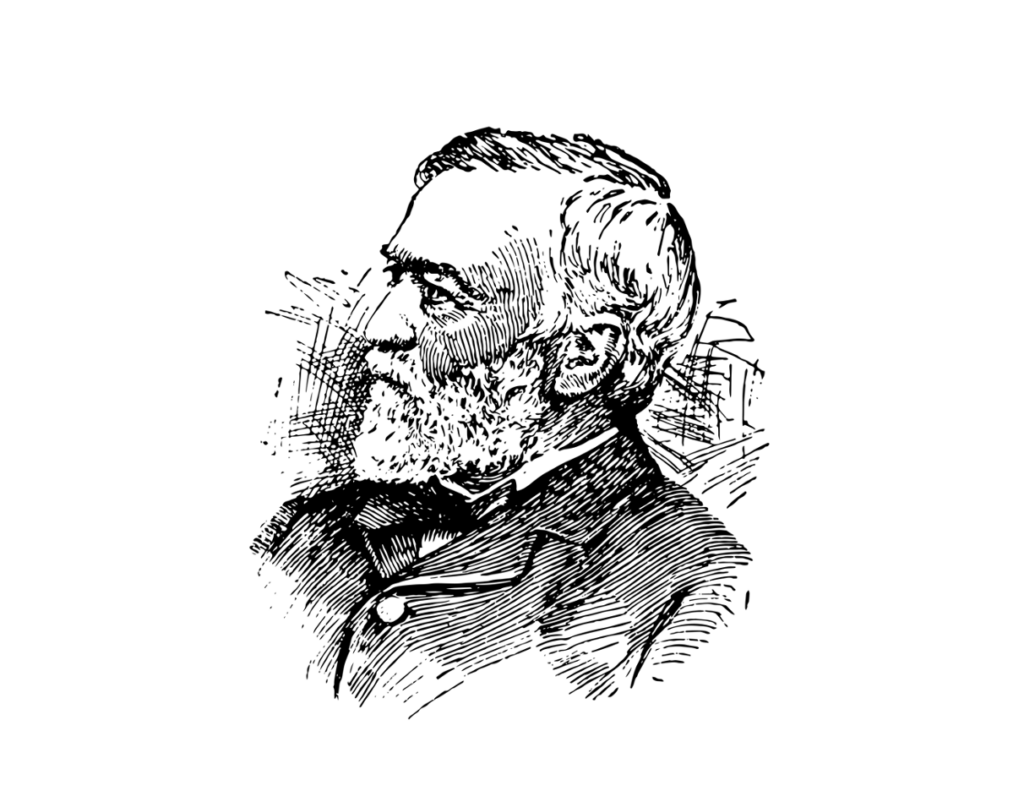There were certainly some big mistakes along the way, but Carnegie’s advice to philanthropists is not without merit.
To be a good philanthropist, one should always start with Andrew Carnegie. If you follow all the advice he gives in his 1889 essay “The Gospel of Wealth,” you’ll have a pretty good philanthropic career.
Every few years someone comes along and decides that Carnegie was wrong. You can find this, for instance, in a piece by New Yorker staff writer Elizabeth Kolbert criticizing Carnegie’s ideas.
Her most telling criticism is that three years after publishing the first part of “The Gospel of Wealth,” Carnegie supervised an effort to smash workers trying to organize a union at Carnegie Steel’s Homestead, Pennsylvania plant. A vicious battle between union organizers and Pinkerton detectives hired by Carnegie Steel resulted in 16 deaths. Carnegie Steel chairman Henry Clay Frick, who was on the scene, was shot at point-blank range. He survived—and later found the Frick art museum in New York City.
The Homestead strike is a black mark on Carnegie’s career, but it doesn’t negate the ideas Carnegie set down in “The Gospel of Wealth.”
Carnegie’s purpose in the essay is to explain what philanthropists should do with their wealth. Here is how Kolbert describes Carnegie’s ideas:
“Handing out money to the poor was similarly ill-advised, since ‘neither the individual nor the race is improved by almsgiving.’ Rather, the best way to dispose of a fortune was to endow institutions that would aid ‘those who desire to rise.’ Universities were a good cause; so, too, were public libraries, music halls, and swimming baths. The ‘man of wealth,’ Carnegie advised, should consider himself ‘the mere trustee and agent for his poorer brethren, bringing to their service his superior wisdom, experience, and ability to administer.’”
What Carnegie was trying to solve was the problem of the best way to help the poor. He believed that the rich were “trustees” for the poor, by whom he meant that the problems of wealth being concentrated among the very rich would be solved by having the creators of great fortunes use their wealth to help the poor. But what is the best way to be a poverty fighter?
One “solution’ would be for the rich to voluntarily redistribute their wealth to the unfortunate through income redistribution. But suppose they did that. What would prevent the poor from being dependent on the rich? What would stop the newly subsidized poor from wasting the money rather than using it to improve their lot in life? How would this not create a system of dependency rather than responsibility?
Here’s a passage from “The Gospel of Wealth” that Kolbert doesn’t cite. Carnegie here explains the problem of dependency. He says “a well-known writer of philosophic books” told him he had given a quarter to a beggar. “He knew nothing of the habits of the beggar, knew not the use that would be made of this money, although he had every reason to suspect it would be spent improperly.”
“In bestowing charity,” Carnegie wrote, “the main consideration should be to help those who cannot help themselves; to provide part of the means by which those who desire to improve may do so; to give those who desire the aids by which they may rise; to assist, but rarely or never to do all.”
This is why Carnegie gave to libraries. He remembered that, as a teenager, he learned a lot from a small library a donor had created in Pittsburgh. His hope was that workers would go to Carnegie libraries and find books that could teach them the skills they needed to get better jobs.
Dependency is a hard problem with no easy answer. One way to make sure the poor aren’t dependent on your gifts is to donate to organizations such as rescue missions that help the down and out based on the premise that the problems of the poor are often moral and spiritual and not just financial. Enterprising program officers could track down small faith-based organizations that do a good job in fighting poverty but are undetected by most large charities because they aren’t large enough to hire publicists or grants officers.
Similarly, the Acton Children’s Business Fair is a way to help tell children that starting their own business and selling things they’ve made is a fun thing to do. Teenagers who, thanks to Acton, develop a taste for entrepreneurship could be well on their way to a successful career path.
Another great idea is to provide small grants to people starting their careers. These situations may be a “gamble,” but it’s a very small amount to the foundation with massive potential impact for the recipient. The Jack Kent Cooke Foundation’s Young Artist Award, for instance, is best known for giving talented high school musicians scholarships and connecting them to other musicians through the radio show “From the Top.” More than this, they also provide low-income students with small grants for their first instruments and their first musical lessons. Those sorts of grants are in the Carnegie spirit of trying to help people truly improve their conditions.
Andrew Carnegie was a subtle and important thinker—even if he was simultaneously imperfect. He deserves better treatment than what Elizabeth Kolbert provided.







No he doesn’t. He believed in a social order that benefitted him and his class. “Rich man in his castle, poor man at his gate.” He extolled the individual working man, but did all he could to oppose organised labour. Essentially he was doing all he could to prevent the peasants banding together and marching to his gate with brands and pitchforks.